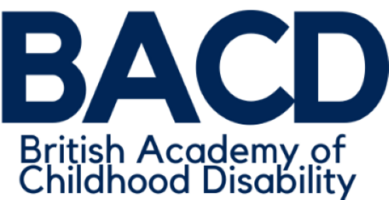Before you begin with the online abstract form please take notice of the following guidelines for abstract submission. Only abstracts following the guidelines will be accepted.
- Abstracts should be submitted via the online Abstract Submission Portal. Mandatory fields are marked with a red asterisk (*)
- There is no limit to the number of abstracts an individual may submit.
- Check your abstract carefully before submitting. After your submission further changes cannot be accepted.
- The maximum word count of an abstract is 300 words. Up to 3 references may also be included (these will not contribute to the word count).
- Abstract content:
- should be consistent with scientific and ethical standards
- writing style should be clear and grammatically sound
- information presented should be self-contained
- do not include tables or figures
- avoid abbreviations and/or acronyms
- Abstracts reporting Results or Conclusions without reporting data will be rejected.
Abstract Submission is Open - click here to submit through the online portal
Format of Abstract
Title: no more than 20 words
Body of abstract should be no more than 300 words. Any words over the 300 limit will not be reviewed.
Aims / Objectives: introduce the background and main research question.
Method: explicitly describe what you did and include relevant information about participants, instrumentation and measures, procedures, and any statistical analyses used.
Results: identify the main outcomes including data and significance of any statistical tests. It is not sufficient to state that ‘results will be presented’.
Conclusion: interpretation of results, clinical implications, impact on patients and their families, etc.
References: maximum of 3 references will be accepted. These are not included in your 300-word count.
Figures and tables are not permitted.
Acknowledgements, disclosures of funding, etc. may be stated but will be included in the 300-word count.
Abstract Scoring Criteria
All abstracts are reviewed blind and scored against the following set criteria:
- Originality and Novelty
- very novel/new information will score highly;
- no new information presented will score poorly
- Evaluation/ Results linked to Conclusion
- well presented results in good detail with entirely appropriate conclusions will score highly;
- no results or no relevant conclusions will score poorly
- Importance of Findings/ Relevance to Clinical Practice and/or Families
- findings which are very relevant and important will score highly
- if an audit, the cycle must be completed to score
- where no relevance or incomplete audit cycle will score poorly
- Quality of Abstract
- all areas covered clearly and in sufficient details will score highly
- very poor structure with important areas omitted will score poorly
In addition, Novel MDT abstracts are also scored against:
- Description of Intervention
- full description of intervention will score highly
- no description of intervention will score poorly
- Multi-Disciplinary Approach
- excellent description of the team and the working practices will score highly
- described as multi-disciplinary but no evidence in abstract will score poorly


